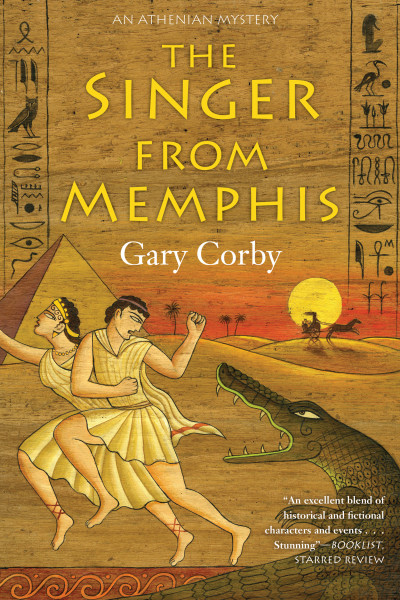I already mentioned in my previous posts that I really liked an Athenian mystery series by Gary Corby. The author is able to present the complex historical events in simple language. No prior subject-matter knowledge is required to fully immersed and experience ancient Greece on the eve of birth of democracy.
This latest novel in this series is the best so far, in my view. What is unique about it compared to previous books is that it is very funny too. We follow the main characters into ancient Egypt. Along the way we encounter Persians from Achaemenid Empire who are about crush local rebellion, an assassin from Sparta and the head of Egypt's powerful Public service, the oldest system of bureaucracy in the world.
As a history goes the author got all major events right. Though, when it came to scenes about mummy preparations for afterlife, I found one major discrepancy between this novel and another famous novel called "The Egyptian" by Mika Waltari.
In summary, I highly recommend to everyone to read these series.
posted by David





